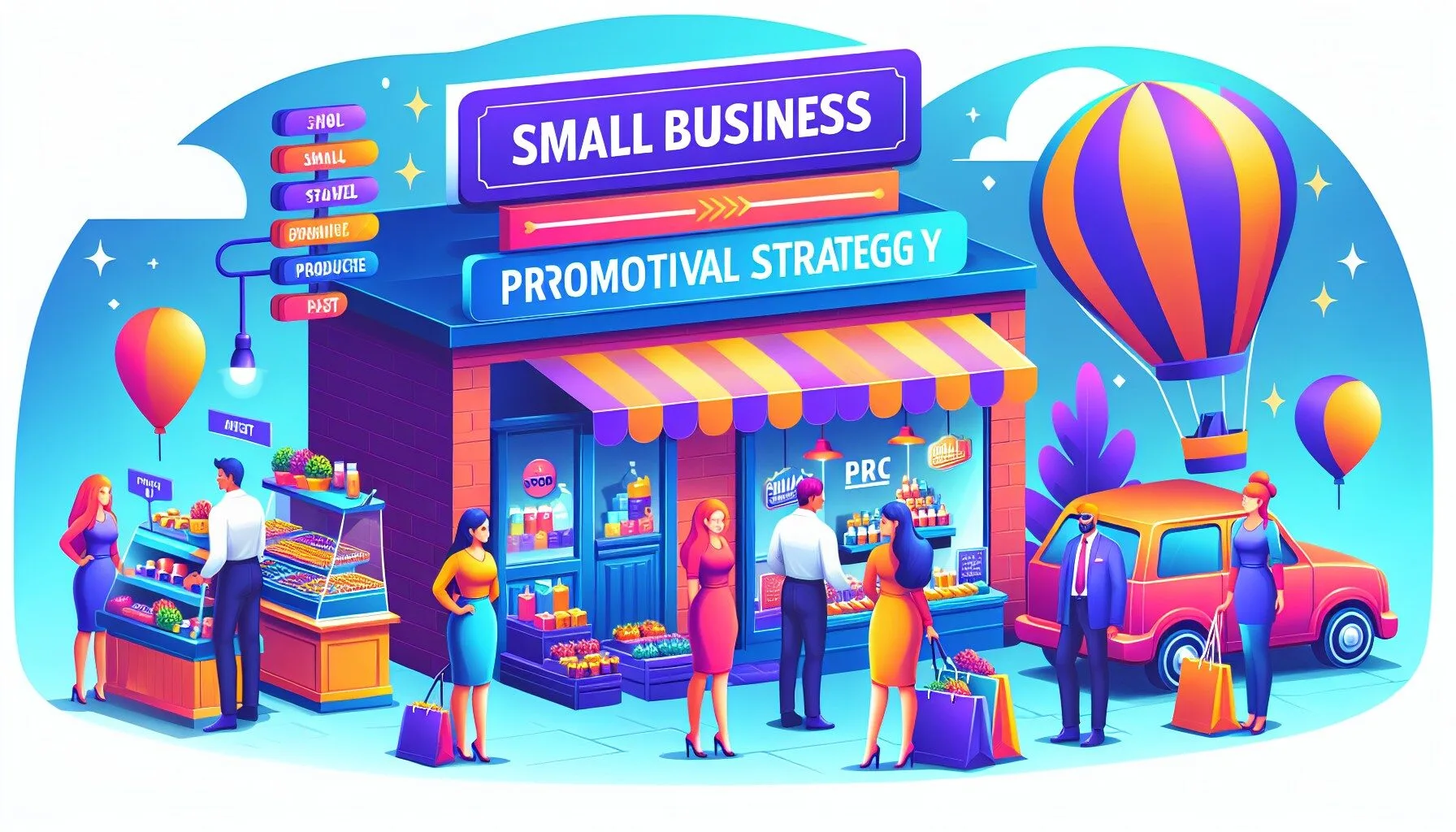You might be searching for a reliable small business customer acquisition strategy if your revenue feels like a roller coaster some months. The good news is, you’re not alone. Plenty of local business owners struggle with attracting new customers in a consistent, cost-effective way. So, let’s dig into a few practical approaches you can mix and match to find what works best for you.
Set your acquisition goals
Before you invest time or money, get crystal clear on your goals. Are you looking to boost foot traffic, or are you more focused on building an online following? Understanding your customer journey helps you fine-tune each stage, from awareness to purchase.
- Map your funnel. Identify where leads drop off, so you can address issues head-on.
- Track your Customer Acquisition Cost (CAC) by dividing marketing and sales spend by new customers gained. If your CAC is too high, think about tightening your ad targeting or pivoting to lower-cost tactics like content marketing.
- Keep your objectives realistic. It’s easy to get excited and try every single platform. Instead, focus on a handful of proven channels that align with your goals.
Build loyalty for repeat purchases
Believe it or not, loyalty programs can attract new customers while nurturing existing ones. In fact, 66% of consumers say loyalty incentives influence their very first purchase decision.
- Show appreciation. Offer exclusive discounts or reward points to make people feel valued.
- Gather feedback from current members. Ask them which perks they enjoy most, so you can accentuate the benefits that resonate best.
- Promote your loyalty program everywhere. Mention it at checkout, on social media, and in your email newsletter.
Encourage referrals and partnerships
Sometimes, the best way to add customers is by letting your current fans do the heavy lifting. Referral programs work because your happiest buyers love telling their friends about you. A reported 86% of companies with strong referral schemes see revenue growth within two years.
- Outline clear referral incentives. Gift cards or account credits motivate existing customers to spread the word.
- Team up with complementary businesses in your local community. This can spark fresh interest in each other’s products and services, making it a win-win.
- For more ideas on forging alliances, check out a small business partnership strategy that can open doors to new audiences.
Leverage digital marketing channels
Thanks to the internet, you can reach potential customers well beyond your physical neighborhood. Digital strategies let you promote your brand to a global audience, or narrow down to a tight-knit local group.
| Channel | Key Benefit | Stat or Fact |
|---|---|---|
| Loyalty Programs | Encourage repeat business, attract new users | 66% of new customers influenced by loyalty offers |
| Referrals | Tap into existing networks | 86% of businesses see revenue growth within 2 years of referral |
| Affiliate Marketing | Pay only for proven performance | 12:1 average ROAS across industries |
| Influencer Marketing | Reach niche or large audiences with authentic input | 86% of marketers report success using influencers |
| Paid Search | Target high-intent leads and boost visibility | Popular for acquisition across all business sizes |
Alongside these methods, don’t ignore the power of social media. Over 3.6 billion people currently use social platforms worldwide, forecasted to jump to nearly 4.41 billion by 2025 (Statista). You can connect with that enormous pool of users through targeted advertising, engaging posts, and live Q&As. If you need more direction, you can explore a small business social media strategy to refine your approach.
While you’re at it, think about email marketing. This evergreen channel has an average open rate of around 21% for branded emails, and for every $1 you spend, you can potentially see a return of up to 4200%. For more tips on harnessing email, visit small business email strategy.
Monitor and optimize performance
Tracking your results is just as important as launching that shiny marketing campaign in the first place. When you measure how many leads or sales come from each channel, you’ll know where to double down or pull back.
- Keep an eye on key metrics. Look at open rates for emails, click-through rates for ads, and conversions for each sales funnel stage.
- Refresh old content if it’s still relevant. Updating blog posts or offers can keep your site ranking in search engines, which is crucial for growth. If you want a bigger picture view, you might explore an effective marketing strategy for small businesses to see how everything fits together.
- Adjust on the fly. If your social ads aren’t performing, tweak your copy or experiment with a new audience segment.
When done right, each of these acquisition tactics flows into the next, creating a seamless system that consistently attracts, converts, and retains customers. Balancing these channels can help you reduce risk, keep costs in check, and maintain a healthy growth trajectory.
At this point, you might be wondering if there’s a surefire formula to ensure success. Truthfully, every small business is unique. But each of these methods, from loyalty programs to email outreach, can be combined into a well-rounded plan that helps you hit your revenue targets.
It’s often helpful to sit down with an expert and pinpoint exactly where you might be losing leads or overspending. Consider scheduling a free Marketing Strategy Review. You’ll uncover profit leaks, spot fresh revenue opportunities, and identify key growth targets so your next steps are crystal clear. With the right strategy in place, you’ll find that maintaining steady revenue isn’t just a wish, but a real, achievable goal.




